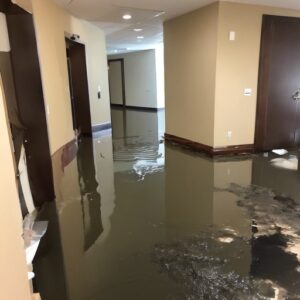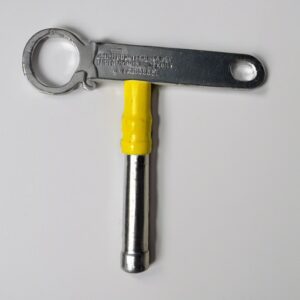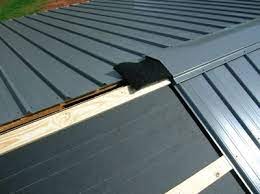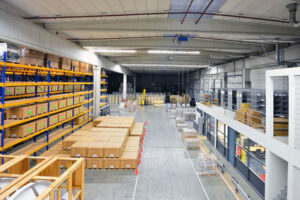In the ever-evolving landscape of hospitality, hotels are constantly seeking innovative ways to enhance guest experiences. One of the most promising avenues in this pursuit is the integration of smart home systems. With Manhattan being a hub of luxury and technology, hotels in this iconic borough have a unique opportunity to lead the way in implementing these cutting-edge technologies. In this article, we explore the potential benefits and challenges of integrating smart home systems into Manhattan hotels, along with practical strategies for implementation.
Enhanced Guest Experience
The primary goal of integrating smart home systems in Manhattan hotels is to elevate the guest experience. Imagine arriving at your hotel room after a long day of travel and being greeted by personalized lighting, temperature control set to your preference, and your favorite music playing softly in the background. Smart home systems allow for seamless customization of the guest environment, fostering a sense of comfort and relaxation from the moment guests step foot in their rooms.
Increased Efficiency and Sustainability
Beyond enhancing guest satisfaction, smart home systems offer hotels the opportunity to optimize energy usage and promote sustainability. Automated lighting and HVAC systems can adjust based on occupancy, reducing energy waste when rooms are unoccupied. Furthermore, sensors can monitor water usage, helping hotels identify and address potential leaks promptly. By implementing these technologies, Manhattan hotels can reduce their environmental footprint while also cutting down on operational costs.
Streamlined Operations
Integrating smart home systems can streamline hotel operations, enabling staff to focus on delivering exceptional service rather than mundane tasks. For instance, automated check-in and keyless entry systems allow guests to bypass the front desk, minimizing wait times and improving efficiency. Additionally, remote monitoring capabilities enable staff to address maintenance issues proactively, ensuring a seamless experience for guests throughout their stay.
Data-Driven Insights
Smart home systems generate a wealth of data that can provide valuable insights into guest preferences and behavior. By analyzing this data, hotels can gain a deeper understanding of guest preferences, allowing for more personalized service and targeted marketing efforts. For example, if a guest frequently adjusts the thermostat during their stays, the hotel can proactively offer room options with customizable climate control settings for future visits. Leveraging data-driven insights can help Manhattan hotels stay ahead of the curve in delivering exceptional guest experiences.
Integration Challenges
While the benefits of integrating smart home systems are clear, hotels may encounter challenges along the way. One of the primary concerns is ensuring the security and privacy of guest data. With an increasing number of connected devices, hotels must implement robust cybersecurity measures to protect against potential breaches. Additionally, integrating disparate systems and ensuring compatibility can be complex and require careful planning and coordination.
Practical Implementation Strategies
To successfully integrate smart home systems, Manhattan hotels must approach implementation strategically. This includes:
- Conducting a thorough assessment of existing infrastructure and identifying areas for improvement.
- Partnering with reputable vendors and technology providers with experience in the hospitality industry.
- Prioritizing guest comfort and convenience while also considering operational efficiency and sustainability goals.
- Providing comprehensive staff training to ensure seamless operation and troubleshooting of smart home systems.
- Continuously monitoring and optimizing system performance based on guest feedback and usage data.
Conclusion
Integrating smart home systems Manhattan represents a significant opportunity for Manhattan hotels to differentiate themselves in a competitive market and elevate the guest experience to new heights. By leveraging these technologies, hotels can enhance guest comfort, increase operational efficiency, and gain valuable insights into guest preferences. While challenges may arise during implementation, strategic planning and collaboration with trusted partners can help hotels overcome obstacles and reap the benefits of a smarter, more connected hospitality experience. As technology continues to evolve, Manhattan hotels must embrace innovation to stay ahead of the curve and deliver exceptional service that keeps guests coming back time and time again.











